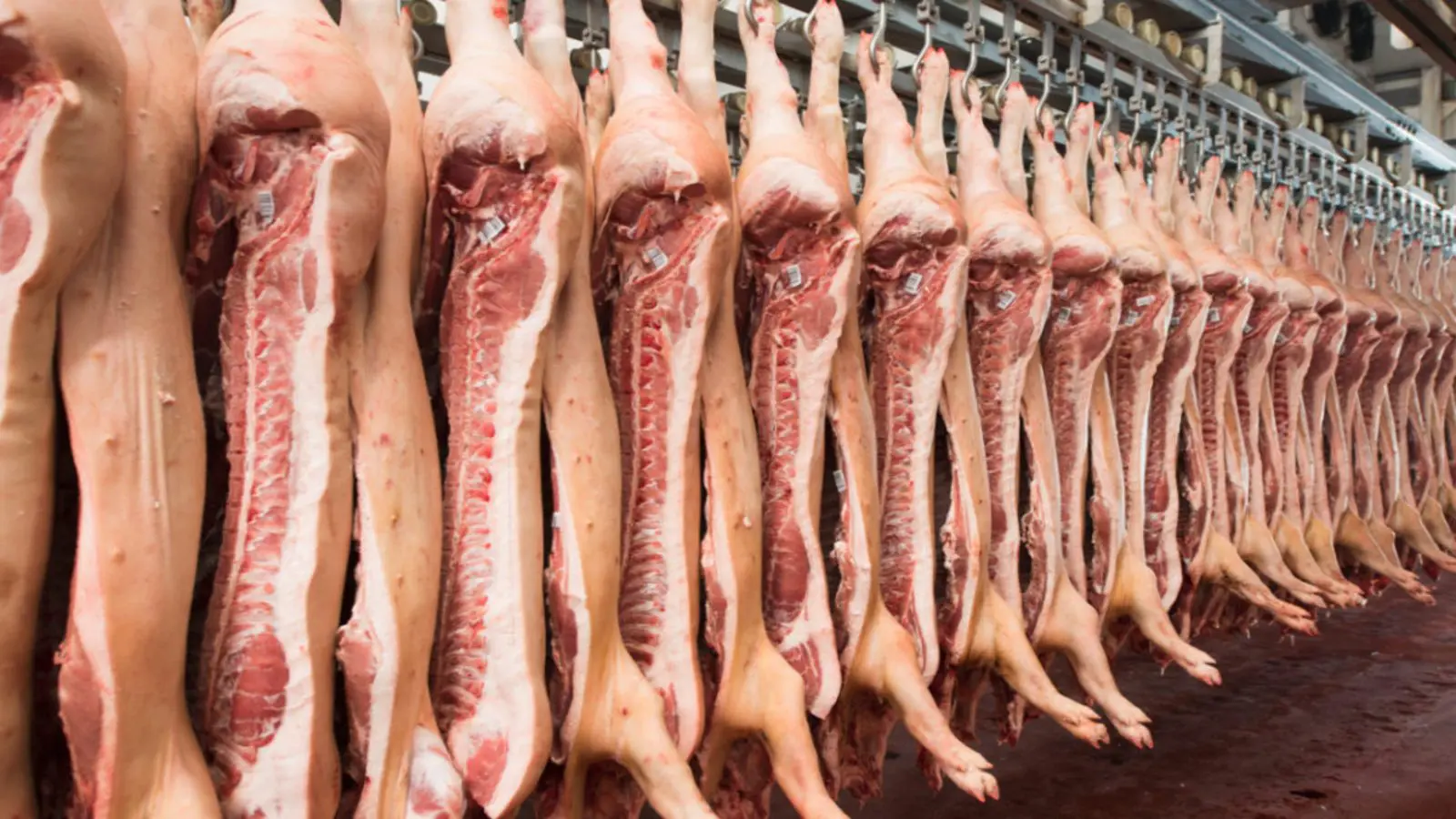The Cost of Pork Products in Ghana

Pork is a popular meat in Ghana, and the industry provides employment opportunities for many people across the country. Like many other agricultural industries in Ghana, the pork industry faces a number of challenges that impact its ability to thrive and grow.
Pork production in Ghana is primarily carried out by small-scale farmers who rear pigs for sale to slaughterhouses and local markets. There are also a number of large-scale commercial pig farms in the country, but they are relatively few in number compared to the small-scale farms.
Despite these challenges, the pork industry in Ghana has the potential to grow and thrive. There is a growing demand for pork in the country, and many consumers are willing to pay a premium for high-quality, locally produced pork.
Price of Pork Products in Ghana
The average price of pork chops ranges from GHS 20 to GHS 30 per kilogram.
Sausages are typically sold in packs of six and can cost anywhere from GHS 15 to GHS 25 per pack.
Bacon is also available in most supermarkets and can cost around GHS 15 per pack.
Pork chops in Kumasi can be found for around GHS 18 to GHS 25 per kilogram, While sausages and bacon may be slightly cheaper than in Accra.
Factors Affecting the Cost of Pork Products in Ghana
1. Feed costs
The majority of pigs in Ghana are fed on commercial feed, which is usually made up of a mixture of maize, soybean meal, and other ingredients. When the cost of feed goes up, farmers are forced to pass on the increased costs to consumers in the form of higher prices for pork products.
2. Disease outbreaks
When an outbreak occurs, farmers are often forced to cull their herds in order to prevent the spread of the disease. This can result in a temporary shortage of pork products, which in turn can lead to higher prices. Farmers may need to invest in additional biosecurity measures to prevent future outbreaks, which can also increase the cost of production.
3. Market demand
When demand is high, farmers may be able to charge more for their products. When demand is low, prices may drop. Factors that can affect demand include cultural preferences, economic conditions, and seasonal variations.
4. Transportation costs
- Advertisement -
Pigs are often transported long distances from rural areas to urban markets, and the cost of transportation can vary depending on fuel prices and road conditions. When transportation costs go up, farmers may need to charge more for their products in order to cover their expenses.
5. Government policies
Import taxes and tariffs can make it more expensive to import pork products into Ghana, which can increase the demand for locally produced products. Additionally, government subsidies for feed or other inputs can help to lower the cost of production for farmers, which can in turn lead to lower prices for consumers.
Conclusion


